- Iterate
- Meet The Team
- Seven Sustainable African Fashion Brands to Watch in 2021
Seven Sustainable African Fashion Brands to Watch in 2021
Table of contents
The notion of ethical supply chains has always been prevalent in Africa, where it is common practice to go to the local tailor to get clothes made from the locally sourced fabric or indigenous textiles. Currently, most of the clothes sold in the mass retail market in Africa are from China, but this is slowly changing.
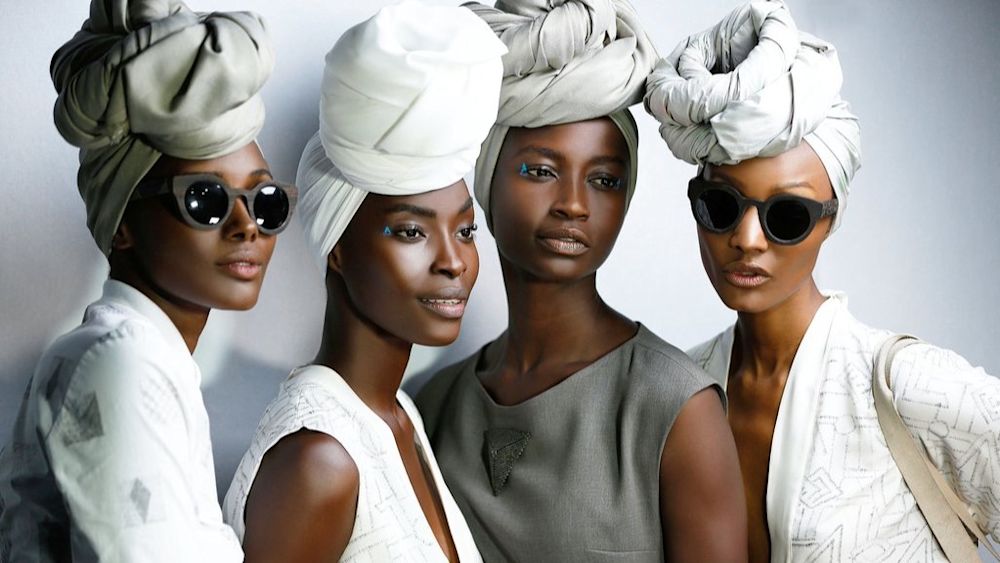
The fashion industry has come under increased scrutiny as one of the sectors contributing significantly towards pollution and climate change. It’s estimated that £140M of clothing in the UK alone gets discarded by people to landfills each year, while the pandemic highlighted how outsourcing labour to cheaper markets by fast fashion brands is difficult to sustain. Brands like H&M are moving away from their fast fashion roots with their Conscious Collection, made of organic cottons and recycled polyester, and have a goal to use only sustainably sourced materials by 2030.
The notion of ethical supply chains has always been prevalent in Africa, where it is common practice to go to the local tailor to get clothes made from the locally sourced fabric or indigenous textiles. Currently, most of the clothes sold in the mass retail market in Africa are from China, but this is slowly changing. The Foschini Group, one of the largest retailers in South Africa, made a pledge to source 35% of its clothing locally. Some argue that this is not necessarily driven by sustainable practices, but rather to secure reliable supply, when logistics became heavily disrupted due to COVID-19. Still, the global ethical fashion market was valued at $6B in 2019 and is expected to grow and reach 15B by 2030, with year-on-year growth of 9.1%.
The Org chose seven trending and emerging sustainable African fashion brands to engage with on how they managed the impact of the COVID-19 pandemic and their prospects for growth, in a market teeming with opportunity.
Maxhosa Africa
Founded in 2011 by Laduma Ngxokolo, Maxhosa Africa is one of the most recognized luxury fashion brands in South Africa. Maxhosa captures the essence of sustainability for most African brands through their ability to use textiles as a mechanism to preserve culture. The journey started when Ngxokolo developed the business from his academic theses at the University of Port Elizabeth, which focused on finding knitwear solutions for initiates coming back from initiation school, a tradition synonymous with the IsiXhosa culture. The brand has grown significantly since then, attracting a cult-following amongst the growing middle class in Africa and getting visibility internationally through regular showcases at New York Fashion Week. The brand also recently designed costumes for the Amazon Prime film, Coming2America.
“We are in the business of slow fashion and have been so for the past ten years,” said Ntsika Tyatya, Head of Digital for Maxhosa. “Becoming sustainable has been an organic process. We aim to make sustainability luxury, sourcing our wool and manufacturing locally, which means that our clientele gets the greatest output from the reuse of materials primarily being woollen yarn and zero synthetic materials.”
Tyatya also highlighted how expanding their digital channel helped the brand increase sales by 200%. Maxhosa prides themselves on owning its entire production cycle, meaning they were able to meet demand when supply chains were disrupted by lockdown restrictions in 2020. Looking into the future, the brand is hoping to sustain growth through expanding their retail footprint and global partnerships, having opened a new flagship store at the V&A Waterfront in 2020, while maintaining the quality and craftsmanship embedded in the brand.
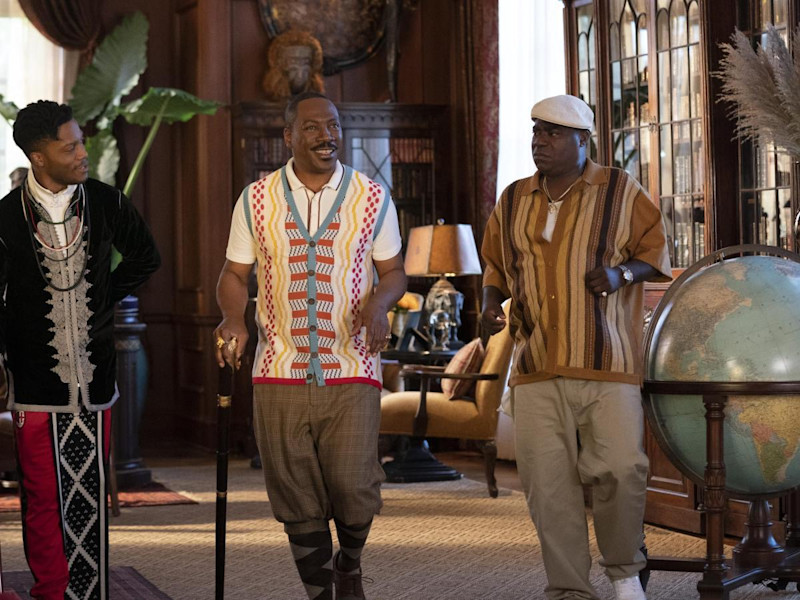
Pichulik
Katherine-Mary Pichulik has spent the past seven years building one of the most sought-after sustainable jewellery brands in South Africa, Pichulik. The global brand has achieved several accolades, and renowned former fashion director for British Vogue, Lucinda Chambers, recently referred to brands like Pichulik being a source of inspiration for her to work in the fashion industry. Key to their success has been consistency, sticking to using rope in their designs and adding new elements like brass to accentuate the more distinctive pieces.
Pichulik highlighted how COVID-19 pressures have been pivotal in considering what is valuable and important in their business. The company achieved year on year growth of about 37% since 2014, but saw revenue decrease by 60% in 2020. During the pandemic, they adjusted pricing models, looked at making pieces that were more approachable to the local market, and made some hard decisions to reduce the number of stores they were supplying. The online channel helped the company increase revenue by 61%, as the digital sales channel that used to bring in 11% of their revenue has now grown to 30%.
Looking at sustainability within her business, Pichulik said the option to outsource to other places to get items made far cheaper and increase profit margins has always been there, but they were deliberate about not doing so. Her stance around the pressure on large brands to be sustainable was that people need to understand that there is a multi-faceted approach to it and that value chains are not siloed. Her view is that it should be about bringing in a lot more education and transparency around how products are made, doing so without greenwashing the narrative. They recently launched a capsule collection in collaboration with Danish brand Marlene Birger to commemorate International Women's Day, with $12 from each sale going to Women for Women International.
Lukhanyo Mdingi
The brand of South African-born designer Lukhanyo Mdingi has grown from strength to strength within the luxury wear category since he graduated from the Cape Peninsula University of Technology in fashion design 6 years ago. He has showcased on credible platforms such as New York Fashion Week and the Annual Pitti Uomo in Florence, and his latest collection has been shortlisted in the top 20 for the LVMH Prize this year, arguably the most prestigious award in the fashion industry for young designers.
Despite the accolades, Mdingi's greatest assets in building his brand have been intention, purpose, fostering meaningful connections, and being highly collaborative. The brand’s Coutts collection, comprised of locally sourced mohair, uses felting in textile design to create garments that have a contemporary modern feel. They have invested a lot in understanding the history of mohair and angora goat farming, a practice which spans over 200 years, and seeing how the by-products from this industry can feed into the retail market. He highlighted how it makes sense for bigger brands to take incremental steps to be more sustainable.
“Bigger brands have a system which has been going on for many years and to change that immediately, I feel is a case of throwing a spanner into the works,” Mdingi said. “There are so many different aspects of sustainability and it’s kind of hard to be 100% sustainable.”
Mdingi commented that living in an emerging economy like South Africa points to the reality that many of the “sustainable” products are out of reach for the masses, and that the buying power internationally is so much stronger, where people have a culture towards purchasing investment pieces which are sustainable. His advice to other brands who want to be more sustainable is to be honest with their intentions.
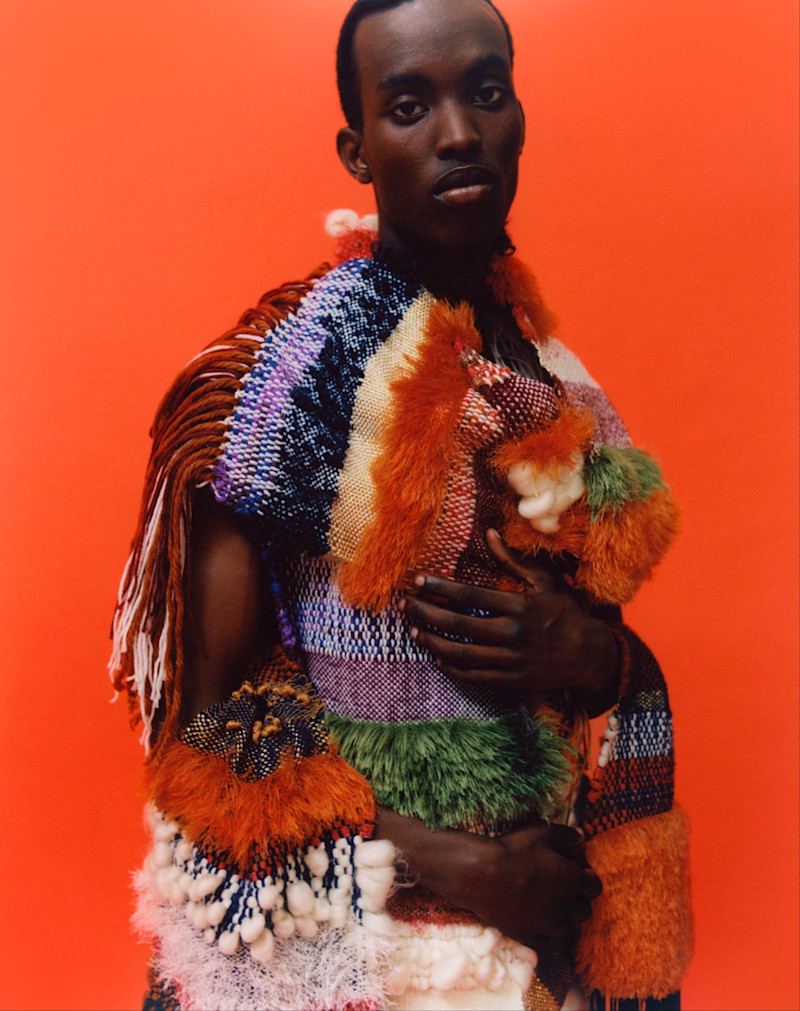
Espadril
The trendy shoe brand was born in 2013 out of a friendship between South African Rizqah Isaacs and Spaniard Patricia Terre, who had both come from a luxury sales background. They decided on starting Espadril after Patricia saw a gap in the market, noticing there were only high-end branded espadrilles in South Africa, a type of shoe that is quite common and widely manufactured in Spain. They decided to produce them locally, even with the local textile, clothing, and footwear market shrinking due to cheap imports. They had retail and direct to consumer market until 2020, when they closed the retail side of the business and moved completely online, which was an unknown territory.
The pandemic forced Espadril to adjust several facets of the business, particularly around production, but they've come out stronger with a growing client base. After deciding to use their online store as their only sales channel and increasing their digital marketing efforts, sales increased by 200% within the third month.
“We are undervalued for the miracles we pull everyday as South African entrepreneurs using the limited resources we have in terms of the material we use,” said Isaacs.
They have a compelling zero-waste approach where shoes are made to order and are highly customizable. Isaacs echoed how sustainability has been innate in their business from Day One, when they focused on building affordable handmade shoes that reflect their culture and heritage and empower women in the process. They work with a women-only team who are trained to be highly skilled shoemakers. Isaacs highlighted how local artisanal brands tend to be run by small teams, unlike brands like Pangaia who have a whole team dedicated to social media. Their take on sustainability is to help and collaborate with fellow entrepreneurs, to be intentional about transferring their knowledge and expertise to help others to be successful, and to mentor up-and-coming talented local designers.
Maakola
Aurora Chiste is an Italian-born social entrepreneur and global citizen who spent the past few years living between Ghana and the U.S. feeling like there was nothing in her closet to help portray her values, personality, and sense of leadership as a woman. In 2015, Maakola was born after Chiste developed a burning passion to link the talented tailors in Ghana with global markets and make it a venture that can inspire people. Over the years, their sales have grown by 250%. Her belief is that the pandemic will bring about long overdue revolutions in many sectors including apparel.
“We need to start by making fashion sustainable, slow, and resized to meet real-life demand, limiting waste as much as possible,” said Chiste.
Her view on sustainability is that the narrative is mainly focused on climate change because the argument for industries to do better has been built around measurable metrics that feed into the capitalism framework. She feels that if we started focusing intangible factors, such as building culture, reducing social injustice, and fostering overall wellbeing, we could broaden the paradigm of where systemic change needs to happen and bring a more positive impact to consumers in the long term.
One of her key focuses has been to try and trace the cotton used to make Kente fabric, a type of textile fabric synonymous with Ghana. What she discovered is that most cotton is sourced from large producing African countries like Benin. Due to a lack of capacity and infrastructure, they export it as raw materials to countries like China, who sell it back into the African market as threads to make the fabric. Chiste believes there is an opportunity in the long term through investment to bring the agro-processing back into the local value chains in Africa and make the industry more sustainable.
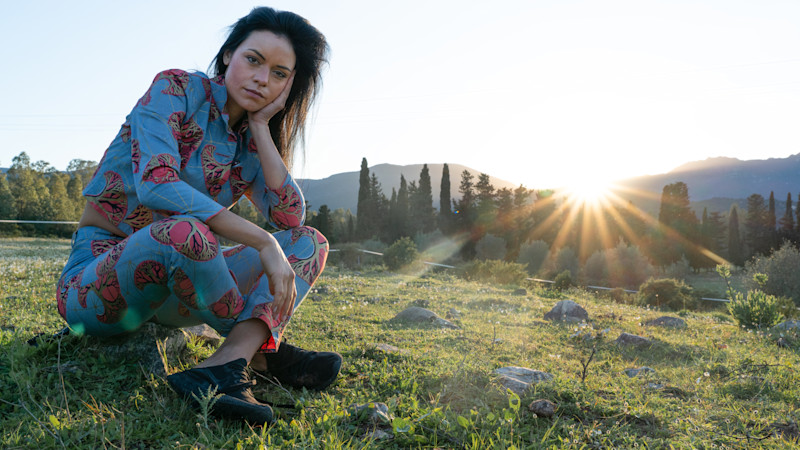
Mille Collines
The brand Mille Collines was born in 2006, when Inés Cuatrecasas was a fashion student from Barcelona who had gone to Rwanda on a volunteering mission and was inspired by an encounter with a native social entrepreneur and seamstress named Antoinette who was teaching young Rwandese children to sew. In 2009, Cuatrecasas convinced best friend and fellow Spaniard, Marc Oliver, to move to Rwanda and create their first apparel collection, under Antoinette’s mentorship.
Their clothes have been worn by the likes of Queen Máxima of the Netherlands and Hollywood actress Lupita Nyong’o. Their plan was to build an online store by 2022, but when their sales dipped by 90% due the pandemic and being overly exposed to the retail market, they rapidly went digital to recover their losses.
Oliver’s perspective about sustainability in fashion is that the narrative is primarily being driven by people working in the industry, so they can control the messaging that consumers need to have a greater sense of awareness and be the ones driving the conversations. Coronavirus created a higher consciousness amongst consumers to ask the hard questions about who and how their clothes are made.
“Ines and I started Mille Collines 11 years ago because we wanted to have a sense of control in the process of making the clothes, knowing the name of the pattern maker and tailor,” Oliver said. “People in Africa value not just the look and feel of their locally made garments, but the sustainability elements as well.”
Chasing Bees
Jeff Liss had a long track record of working in the clothing manufacturing industry in South Africa and was exposed to the sustainability and corporate social investment divisions of some of the large clothing retailers. It was there that he developed a good understanding of some of the shortcomings in their approaches. He transitioned into entrepreneurship after being retrenched and saw an opportunity to design and produce surf shorts on a small scale. In 2018, he established a purpose-driven clothing business called Chasing Bees. They´ve seen significant growth in sales, up 96% during COVID-19, and introduced other product lines while collaborating with Mungo, the renowned cotton weavers in South Africa, on a range of towels.
He has a passion for conservation, studies environmental issues and made it a priority to give part of the proceeds of their sales to Ujubee, a research unit dedicated to wild bee conservation. Liss believes that one of the greatest threats to the climate is the propensity for humans to over consume, and their aim as a business is to change mindsets for people buying less clothes and focus more on purchasing durable items that have a lower carbon footprint. Liss also felt addressing the growing wealth gap should be a priority. They’ve been doing so through their small business regeneration program, which fosters partnerships with local small businesses and outsources part of their manufacturing process to them.
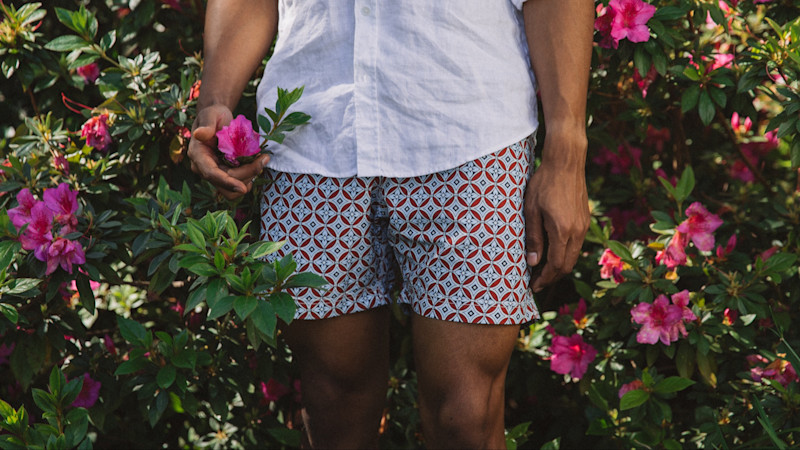
--
The Org is a professional community where transparent companies can show off their team to the world. Join your company here to add yourself to the org chart!
In this article


The ORG helps
you hire great
candidates
Free to use – try today